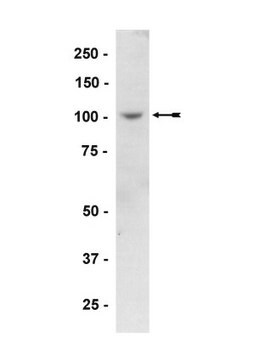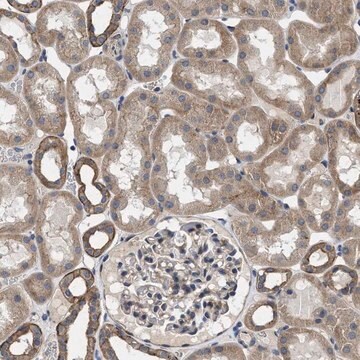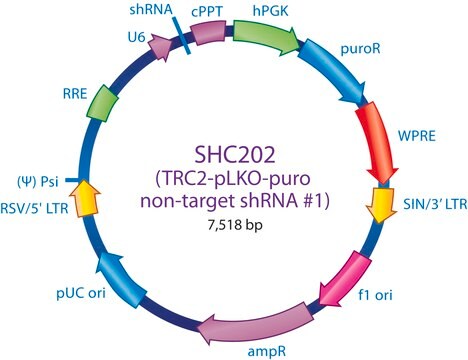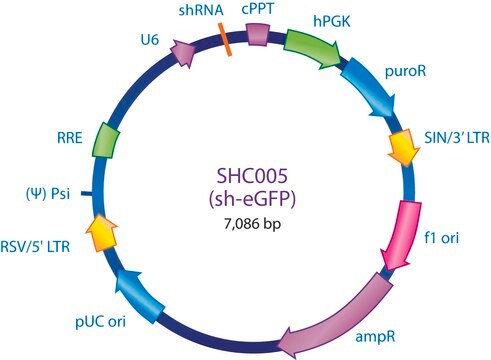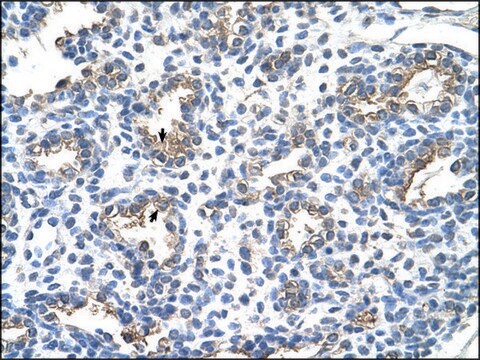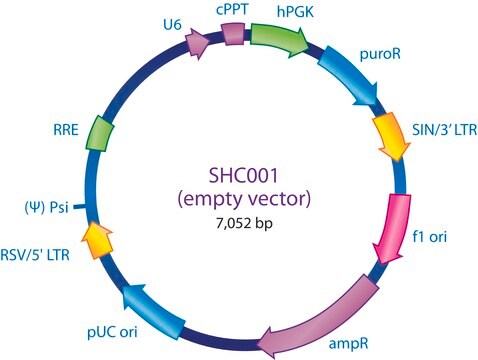ST1042
Anti-PKD2 Rabbit pAb
liquid, Calbiochem®
Synonim(y):
Anti-Protein Kinase D2
About This Item
Polecane produkty
pochodzenie biologiczne
rabbit
Poziom jakości
forma przeciwciała
affinity isolated antibody
rodzaj przeciwciała
primary antibodies
klon
polyclonal
Postać
liquid
zawiera
≤0.1% sodium azide as preservative
reaktywność gatunkowa
human
producent / nazwa handlowa
Calbiochem®
warunki przechowywania
OK to freeze
izotyp
IgG
Warunki transportu
wet ice
temp. przechowywania
2-8°C
docelowa modyfikacja potranslacyjna
unmodified
informacje o genach
human ... PKD2(5311)
Opis ogólny
Immunogen
Zastosowanie
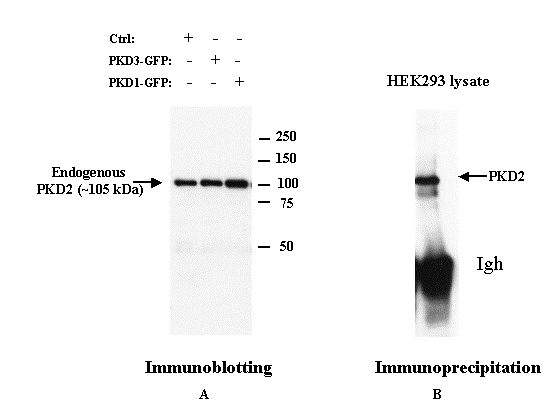
Immunoblotting (1:500-1:5000)
Immunoprecipitation (1-4 g/mg lysate)
Opakowanie
Ostrzeżenie
Postać fizyczna
Rekonstytucja
Komentarz do analizy
HEK 293 cells
Inne uwagi
Sturany, S., et al. 2002. J. Biol. Chem.277, 29431.
Sturany, S., et al. 2001. J. Biol. Chem.276, 3310.
Informacje prawne
Nie możesz znaleźć właściwego produktu?
Wypróbuj nasz Narzędzie selektora produktów.
Kod klasy składowania
12 - Non Combustible Liquids
Klasa zagrożenia wodnego (WGK)
nwg
Temperatura zapłonu (°F)
Not applicable
Temperatura zapłonu (°C)
Not applicable
Certyfikaty analizy (CoA)
Poszukaj Certyfikaty analizy (CoA), wpisując numer partii/serii produktów. Numery serii i partii można znaleźć na etykiecie produktu po słowach „seria” lub „partia”.
Masz już ten produkt?
Dokumenty związane z niedawno zakupionymi produktami zostały zamieszczone w Bibliotece dokumentów.
Nasz zespół naukowców ma doświadczenie we wszystkich obszarach badań, w tym w naukach przyrodniczych, materiałoznawstwie, syntezie chemicznej, chromatografii, analityce i wielu innych dziedzinach.
Skontaktuj się z zespołem ds. pomocy technicznej